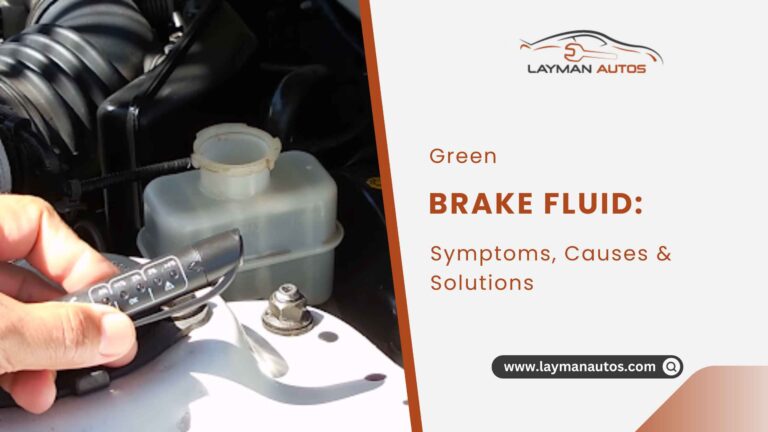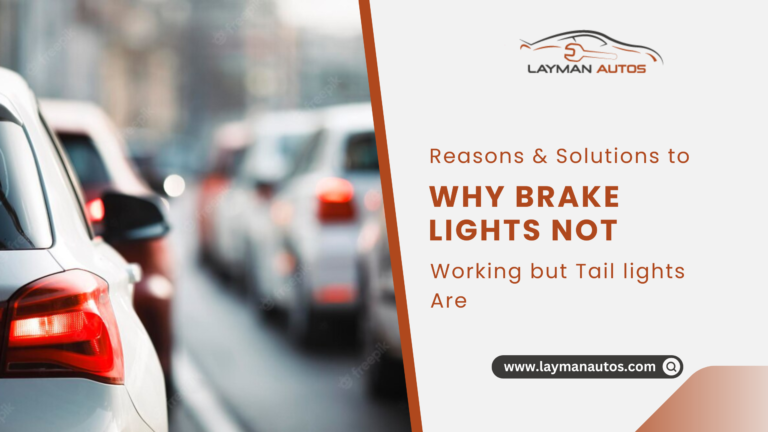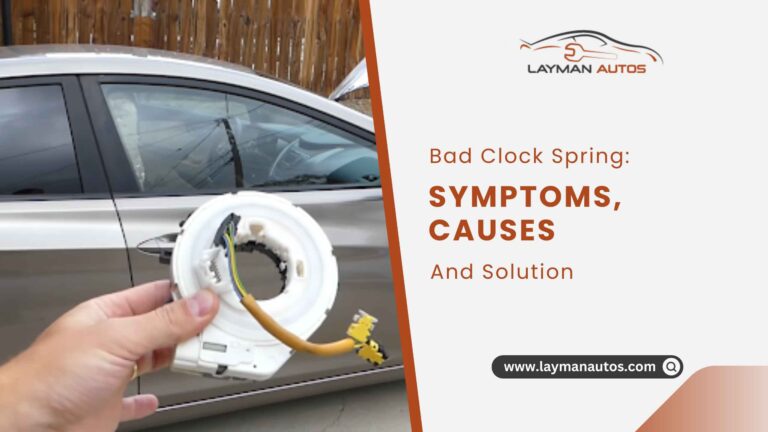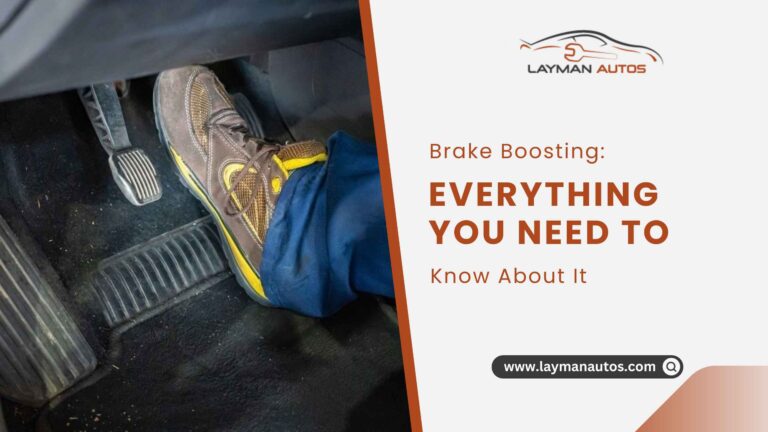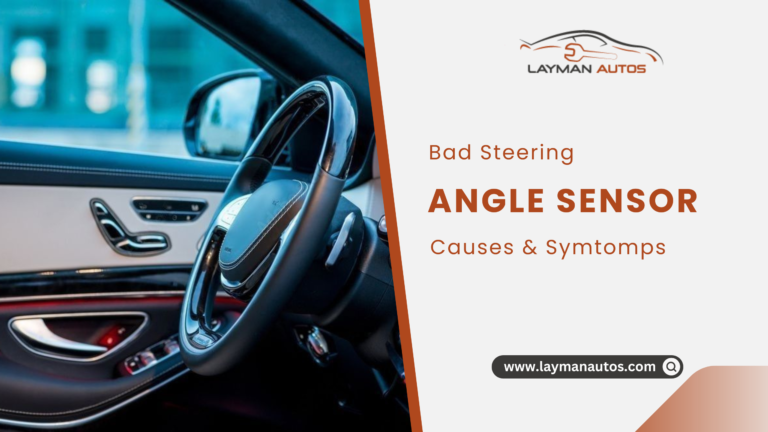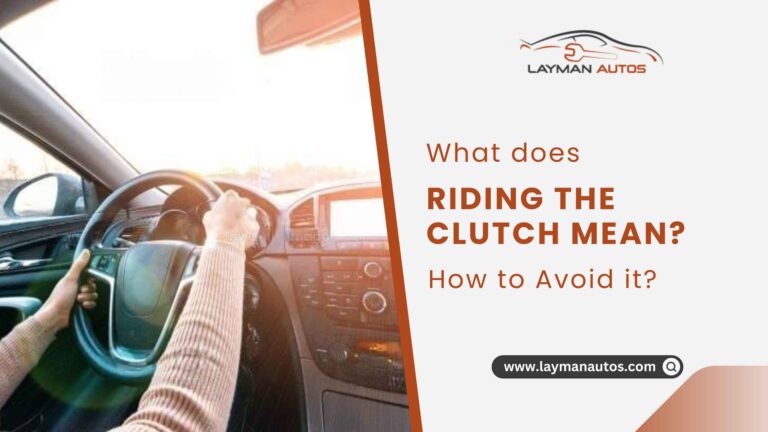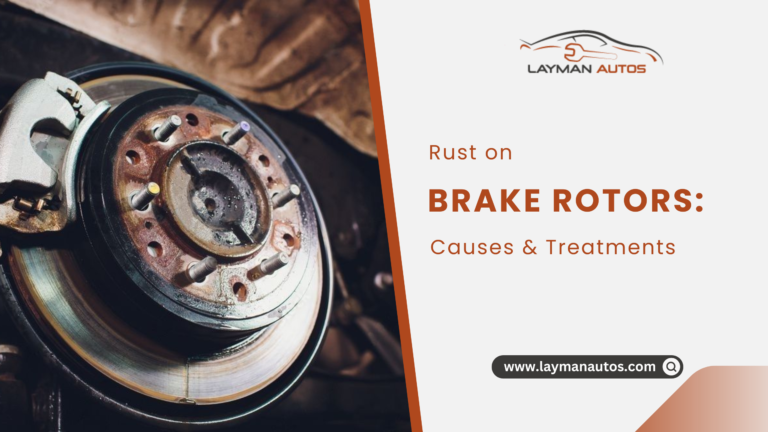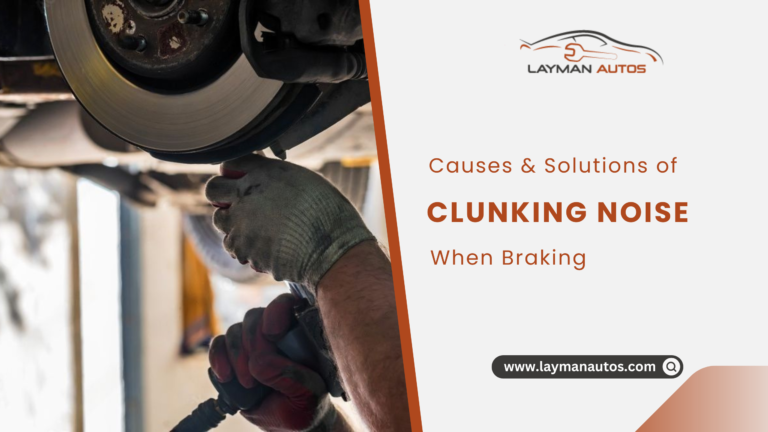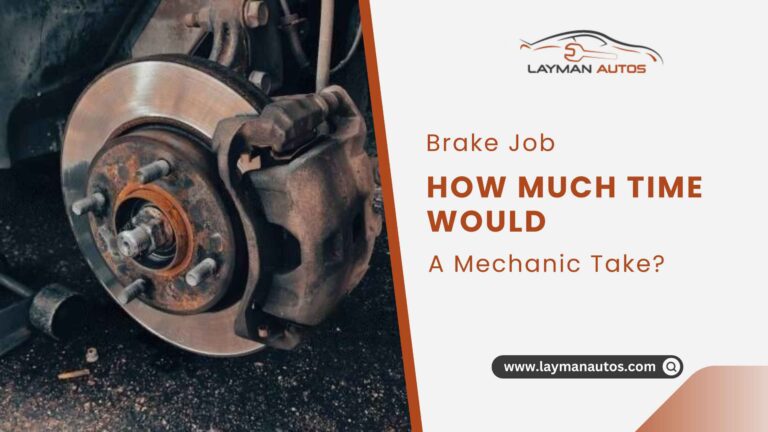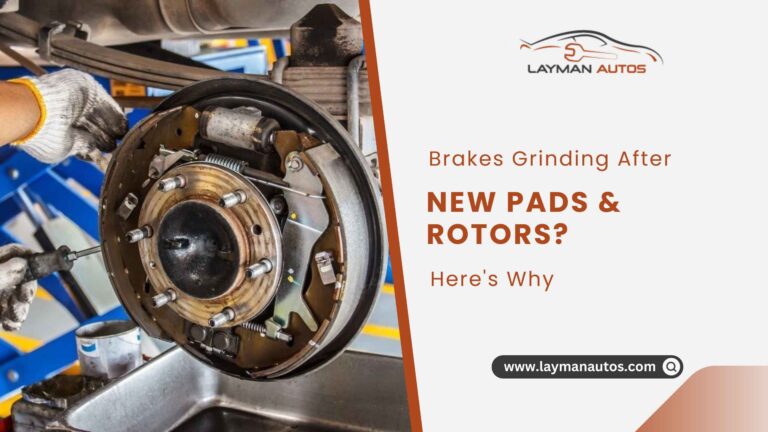Green Brake Fluid: Symptoms, Causes, Solution
There are a variety of issues that might arise during the course of vehicle ownership. Although some, like determining the correct color of brake fluid. You should never take the brakes for granted. Pay special attention to the color of the brake fluid since it might provide important information about your car. If you fail…

